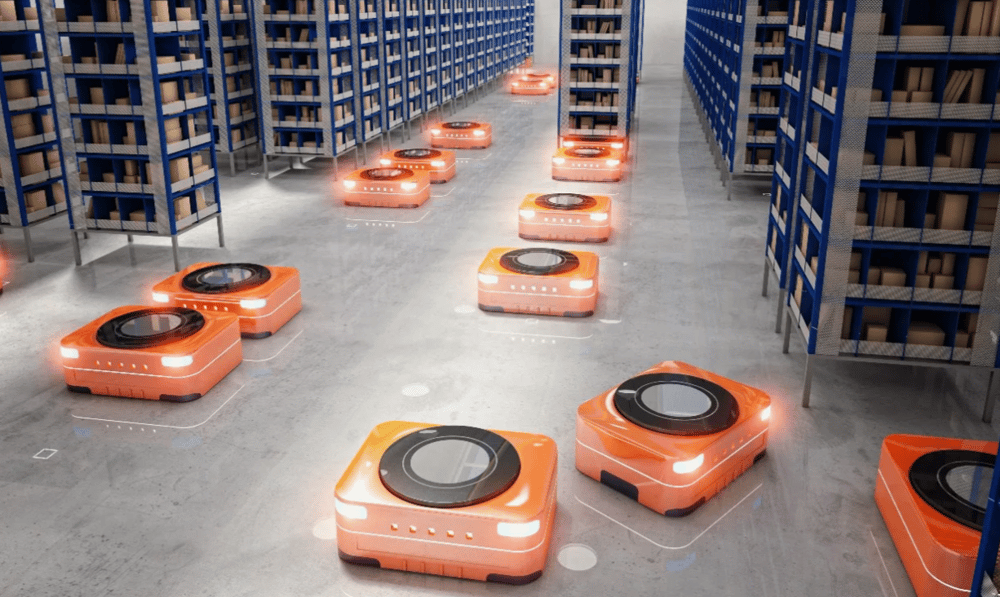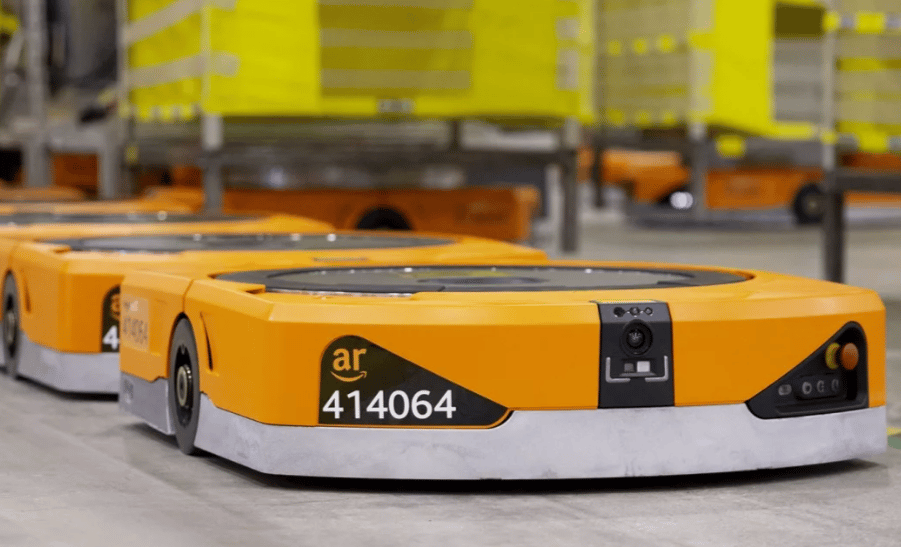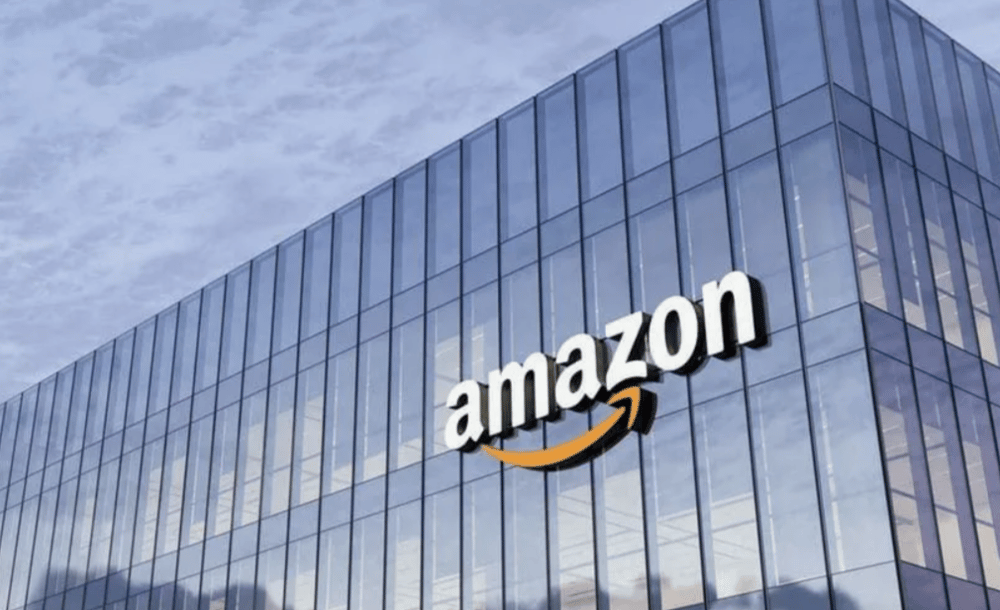Amazon Advances AI-Powered Robotics to Revolutionize Warehouse and Delivery Operations
Amazon.com Inc $AMZN is intensifying its investment in artificial intelligence (AI) and robotics to enhance efficiency across its vast logistics and delivery network. In a recent announcement, the tech and e-commerce giant outlined plans to deploy multifunctional warehouse robots and improve last-mile delivery speeds, signaling a transformative shift in how AI supports operational scalability. This move aligns with Amazon’s ongoing efforts to reduce costs, accelerate package fulfillment, and stay competitive in a fast-evolving global supply chain landscape.
Amazon’s AI Robotics Expansion and Its Operational Impact
Amazon’s Lab126 division is spearheading the development of a new class of warehouse robots capable of executing multiple tasks on demand. Unlike current warehouse robots, which typically specialize in single functions such as picking or transporting items, these next-generation robots will feature enhanced adaptability and autonomy.
The implications for Amazon’s supply chain are significant. Multifunctional robots can streamline workflows by reducing the need for multiple machines or human interventions, accelerating the entire logistics process from storage to shipment. This is especially relevant amid rising global e-commerce demand and increasing pressure to shorten delivery windows.
Additionally, Amazon emphasized AI’s role in optimizing courier routes and predicting delivery times, enhancing the customer experience through faster, more reliable shipments. By integrating AI-driven robotics and predictive analytics, Amazon aims to maintain its market leadership despite ongoing challenges such as labor shortages and global supply chain disruptions.

Key Facts
Amazon announced new AI-powered multifunctional warehouse robots.
The Lab126 unit is responsible for developing robots that can perform several tasks flexibly.
Current warehouse robots generally perform a single specialized task.
AI will also improve courier route optimization and delivery speed.
The initiative addresses rising e-commerce demand and global supply chain complexities.
Market Reaction and Industry Perspectives on Amazon’s AI Innovations
The announcement was met with positive market interest, with investors viewing Amazon’s AI robotics push as a potential catalyst for operational efficiency and margin improvement. Shares of Amazon responded favorably in early trading, reflecting confidence in technology-driven growth.
Industry analysts note that Amazon’s approach exemplifies the growing trend of automation in logistics, where AI and robotics reduce dependency on human labor and mitigate supply chain bottlenecks. However, they also caution about the significant upfront capital expenditures and technical challenges associated with deploying multifunctional robots at scale.
Moreover, the move signals intensifying competition within the tech and retail sectors to leverage AI capabilities not just for back-end operations but for enhancing the end-to-end customer experience. Such innovation may pressure other global players to accelerate their own AI adoption strategies.

Key Takeaways
Amazon’s multifunctional AI robots represent a leap beyond traditional single-task warehouse automation.
AI-powered route optimization improves last-mile delivery efficiency and customer satisfaction.
The investment reflects broader e-commerce trends driving demand for faster, scalable logistics solutions.
Market reaction underscores investor confidence in Amazon’s technology-driven growth prospects.
Challenges remain in scaling robotic solutions across Amazon’s extensive global operations.
Competitors are likely to accelerate AI integration to maintain relevance and market share.
Strategic Significance of Amazon’s AI Robotics for Global Supply Chains
Amazon’s expansion into AI-powered multifunctional robotics marks a pivotal advancement in warehouse automation and delivery logistics. By leveraging AI to create flexible, efficient robots and optimize courier operations, Amazon strengthens its competitive edge amid evolving market demands and supply chain complexities.
This initiative underscores how artificial intelligence is increasingly integral to operational excellence in e-commerce and logistics. The potential to reduce costs, improve service levels, and enhance scalability may redefine industry standards, positioning Amazon at the forefront of the AI-driven supply chain revolution.















Comments